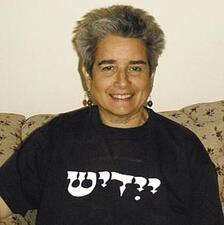Activism: Civil Rights
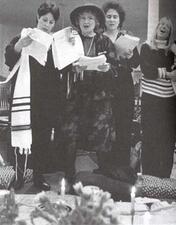
Bella Abzug
Ray Alexander (Simons)
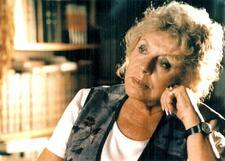
Shulamit Aloni
Shulamit Aloni, Member of the Knesset and Minister, was an important champion of human rights, civil rights, religious freedom, and the Palestinian right to self-determination. As founder and head of the Ratz and then Meretz party, she spearheaded progressive politics in Israel both on the formal level and in civil society for over half a century.
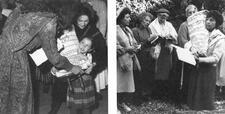
American Jewish Congress
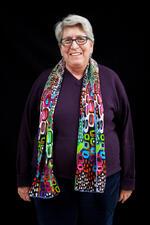
Bettina Aptheker
Bettina Aptheker is an American feminist, writer, educator, and political activist. She advocated for racial justice, studied and taught African American women’s history, and founded the Feminist Studies department at the University of California at Santa Cruz.
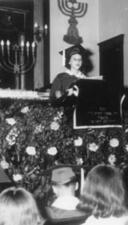
Elaine DeLott Baker
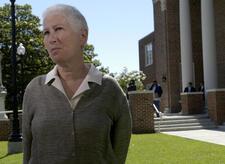
Rita Schwerner Bender
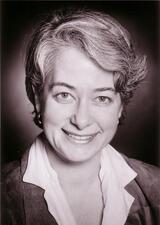
Heather Booth
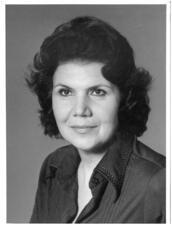
Selma Browde
Selma Browde was a medical doctor and activist whose passionate work and advocacy on behalf of disadvantaged communities in South Africa spanned more than half a century.
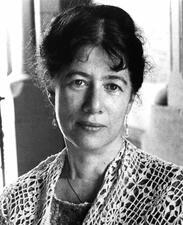
Rosellen Brown
In her fiction, Rosellen Brown confronted themes of alienation, responsibility for others, and racial tension in America. Brown is known for the passion and insight she brings to the page as a poet, essayist, and fiction writer.
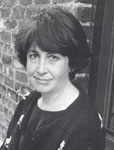
Susan Brownmiller
Susan Brownmiller was a radical feminist writer and journalist. She was a leader in the Women’s Liberation Movement of the 1960s to 1980s (second-wave feminism). Brownmiller is best known for Against Our Will: Men, Women, and Rape (1975), the first comprehensive study of sexual violence.
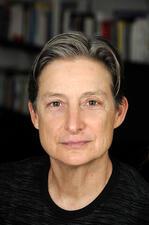
Judith Butler
Judith Butler is the Maxine Elliot Professor of Comparative Literature and the Program in Critical Theory at the University of California, Berkeley. Butler’s work treats gender, hate speech, the precarity of life, the precarity of one’s position as a Jewish thinker in light of Israeli policy towards Palestinians, alternative kinship structures, non-violence, vulnerability, and other, equally complex and important aspects of human existence.
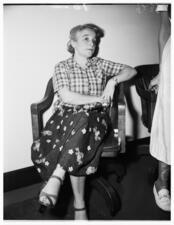
Rose Chernin
Ambivalent about Judaism, passionately Marxist, charismatic, and courageous, Rose Chernin devoted a great deal of her life to securing the rights of disenfranchised citizens: the unemployed of the Depression, farm workers without a union, Black home buyers thwarted by redlining, and other foreign-born leftists, like herself, who faced deportation in the 1950s.
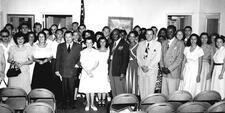
Civil Rights Movement in the United States
As part of the Black-Jewish civil rights alliance and rooted in twentieth-century political, cultural and gender dynamics, Jewish women’s activism took many forms. Jewish women contributed as professionals, through Jewish and women’s organizations, and as foot soldiers in the movement’s nonviolent direct action organizations such as CORE (the Congress of Racial Equality) and SNCC (the Student Nonviolent Coordinating Committee).
Sophia Dubnow-Erlich
After finishing her education, Sophia Dubnow-Erlich became an active member of both the Social Democratic Labor Party and the Jewish Labor Party and wrote for Bund journals before fleeing Vilna for Warsaw in 1918. After emigrating to America in 1942, she remained politically active and continued her prolific writing career.
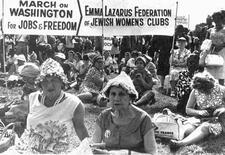
Emma Lazarus Federation of Jewish Women's Clubs
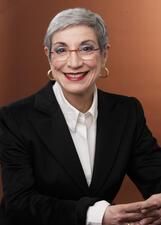
Sandra Feldman
Sandra Feldman dedicated her career to protecting the rights of educators as the first woman president of both New York City’s Union Federation of Teachers (UFT) and the American Federation of Teachers (AFT).
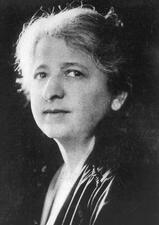
Mary Fels
Mary Fels used her wealth and her talents to further the Zionist cause, arguing passionately for a Jewish state and helping create both settlements and industry in Israel. Both Fels and her husband, a successful soap manufacturer, felt their wealth gave them a responsibility to reform capitalism and use their money for philanthropy.

Feminism in Contemporary Israel
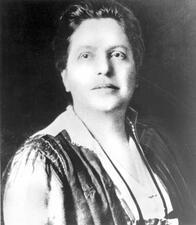
Feminism in the United States

June Finer

Ruth First
Ruth First was a prolific writer and her penetrating investigative journalism exposed many of the harsh conditions under which the majority of South Africans lived. As various restrictions prevented her from continuing her work as a journalist Ruth First became more and more involved with the underground movement that was changing its tactics from protest to sabotage.
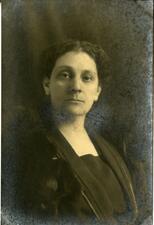
Ida Weis Friend
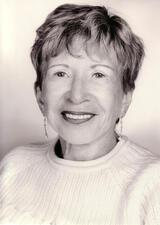
Sonia Pressman Fuentes
Sonia Pressman Fuentes, the first female attorney in the office of the general counsel of the Equal Employment Opportunity Commission, helped extend the Civil Rights Act’s protections of equal opportunity to all people regardless of gender.
